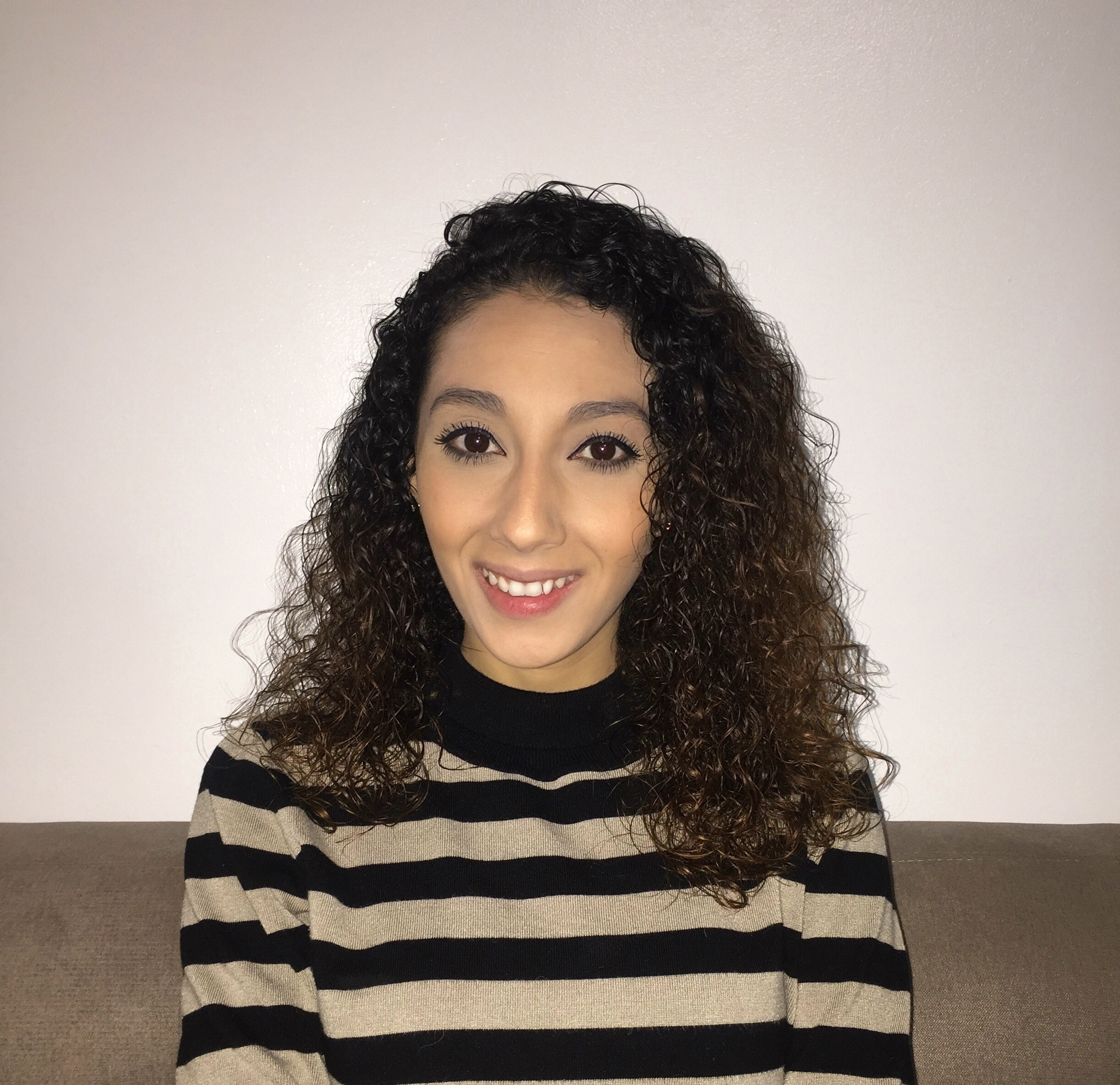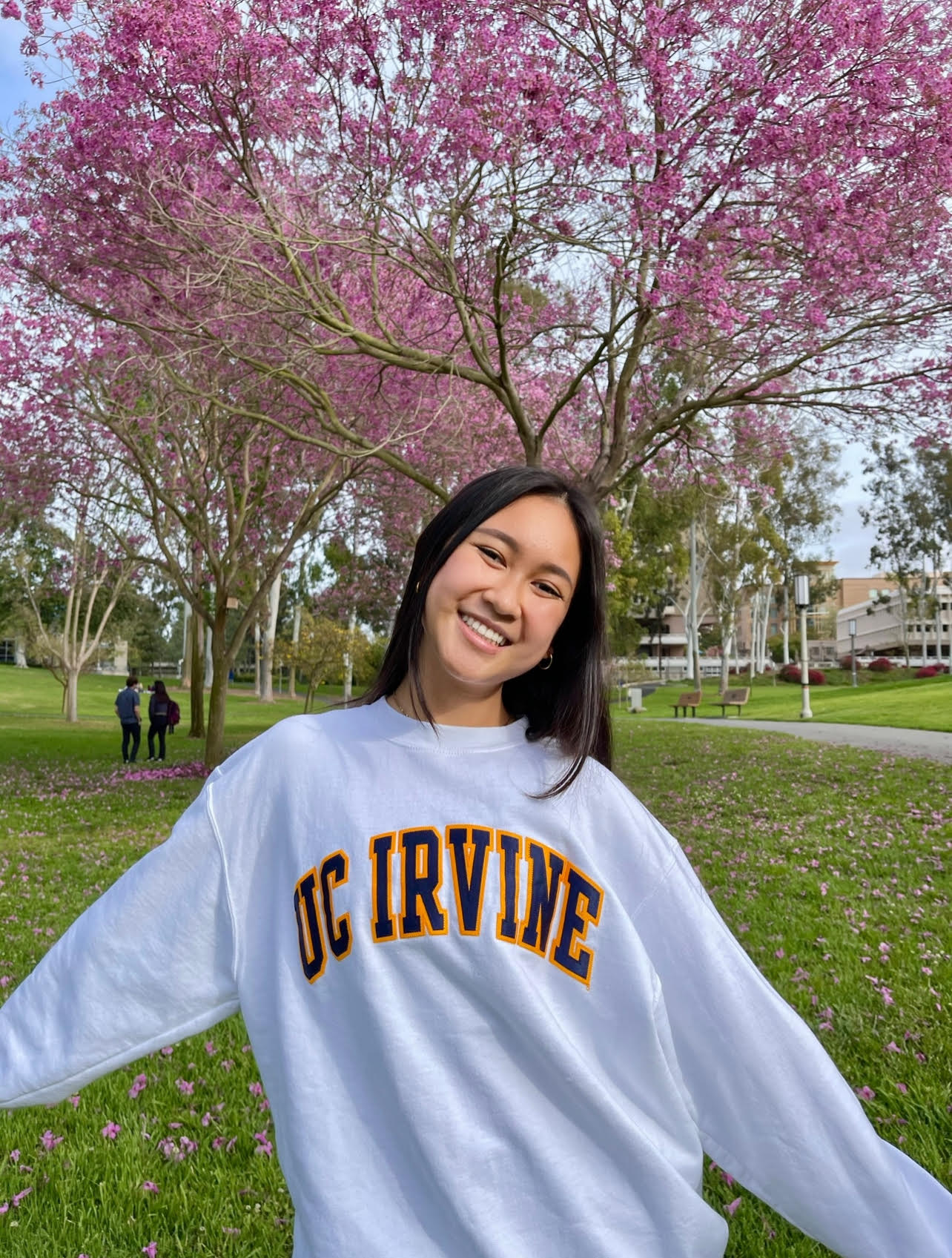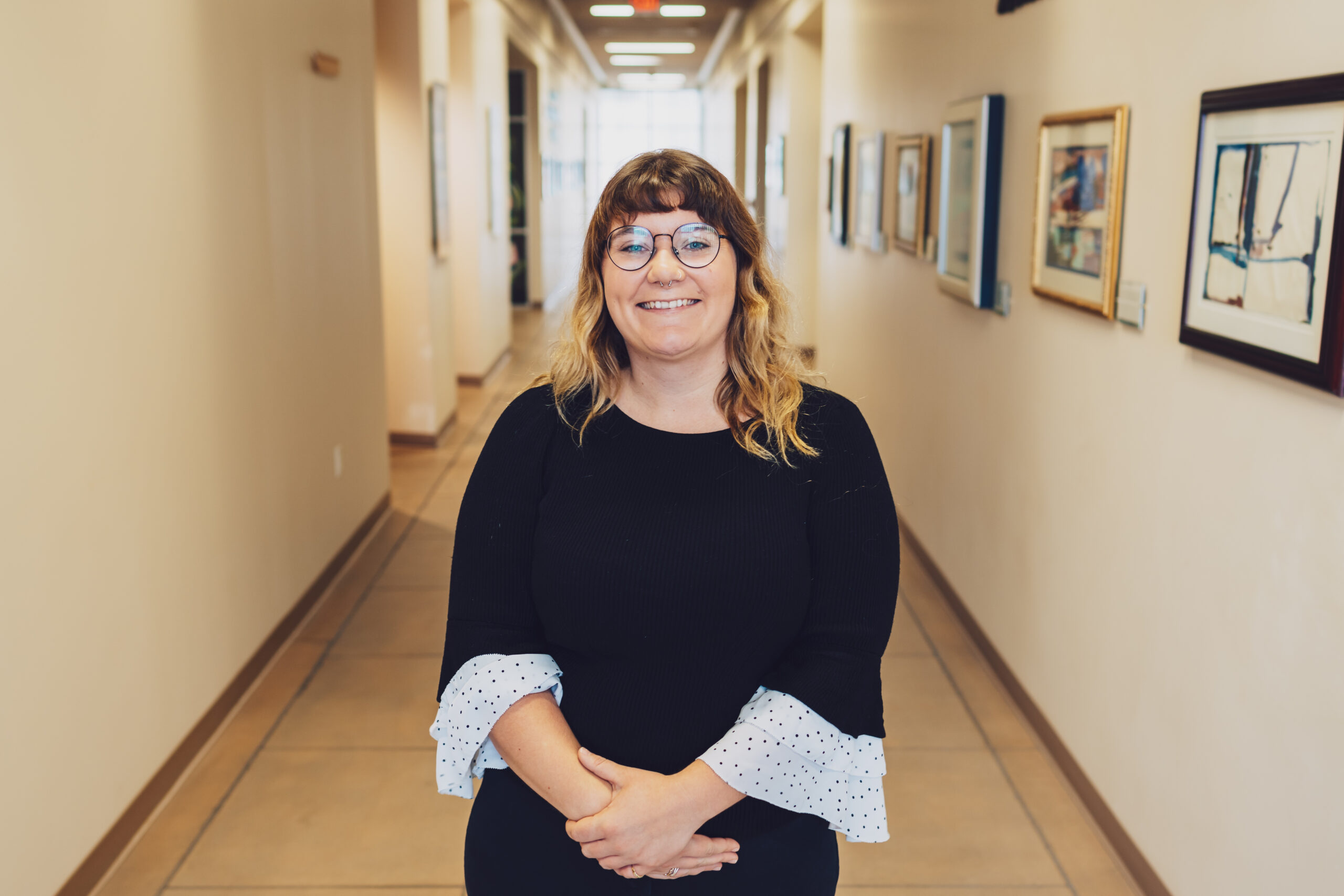Alyssa Rodriguez

What inspired you to pursue a career in the biological sciences?
A defining moment for me as an undergraduate was when I presented a poster about Alzheimer’s disease (AD) at a local symposium. Truthfully, I barely talked about my actual research. Instead, several people shared their personal experiences with me about their family members who had developed AD. It was humbling to see people directly relate to the topic. It reminds me how necessary it is to investigate early intervention strategies for neurodegeneration and promote healthy aging. That experience made me want to pursue a career in the biological sciences, focusing on improving cognition as we age.
Why did you choose BioSci?
I chose Dunlop School because of its overall commitment to researching age-related impairments, the talented faculty, staff, and students, and the highly collaborative environment.
Tell us about your research.
Cognitive functions, including memory, can begin to decline as we age. Cognitive decline is debilitating and can result in loss of independence and greatly reduce quality of life. My research is focused on understanding how molecular mechanisms that support healthy memory function become altered with age. I study how we can re-engage those molecular mechanisms underlying memory formation to support memory function in old age.
What accomplishments are you most proud of?
Grad school can be difficult to navigate, so I’m most proud of how I’m finding ways to balance my obligations in grad school while still prioritizing my mental health.
Can you speak to the importance of diversity and representation in the biological sciences?
Diversity is important in biological sciences because people from diverse backgrounds contribute different perspectives and novel approaches to answering scientific questions. Representation is important because it contributes to the retention of people from diverse backgrounds – it reinforces the idea that diverse voices are present. It encourages more people with diverse perspectives to join the field of biological sciences. Diversity and representation work best when inclusivity is prioritized as well. Cultivating an inclusive environment sends out the message that we want diverse voices in our field and that their contributions are valued.
What advice would you give to young black students interested in pursuing a career in the sciences?
Diversity is important in biological sciences because people from diverse backgrounds contribute different perspectives and novel approaches to answering scientific questions. Representation is important because it contributes to the retention of people from diverse backgrounds – it reinforces the idea that diverse voices are present. It encourages more people with diverse perspectives to join the field of biological sciences. Diversity and representation work best when inclusivity is prioritized as well. Cultivating an inclusive environment sends out the message that we want diverse voices in our field and that their contributions are valued.
Can you speak to any initiatives or programs that have been helpful to you as a scientist?
I completed several intensive research programs, but the two most influential programs for me were RiSE (Research in Science and Engineering) and the McNair program. The RiSE program is a great opportunity to conduct research outside of your home institution and make new connections. The McNair program is a wonderful intensive research program with an emphasis on preparing you for a doctoral degree/ PhD program. I also completed the NIH postbac program after I graduated from college, which I recommend for anyone unsure about research post-grad or hesitant about applying to doctoral programs. That program gave me insight into whether or not a research career in aging and AD was for me because I was doing that research full-time. And I found out that I enjoyed it!
Can you tell us about a role model or mentor who has been influential in your career as a scientist?
I’m extremely grateful for all my mentors as an undergrad. I had a team of 3 mentors who introduced me to neuroscience and provided me with such a positive experience that I pursued a career in neuroscience. They gave me critical feedback that has improved my skills in scientific writing and effective science communication. I also developed tools for reading and analyzing papers and critical thinking skills when designing experiments. Most importantly, I learned from them what a good mentor looks like and that prepared me extensively for navigating graduate school. Good mentorship is extremely important because it truly can prepare students for a successful research career.
What is your favorite hobby or activity outside of work?
My favorite hobby is taking dance classes (and dancing with my friends!) It’s an opportunity for fun self-expression and I appreciate that dance pushes me to continue growing – whether that’s challenging myself (or my memory!) with difficult choreography or simply trusting myself to work through moments where I feel out of my comfort zone. I also enjoy spending time with friends exploring new places and visiting independent bookstores and local coffee shops!




